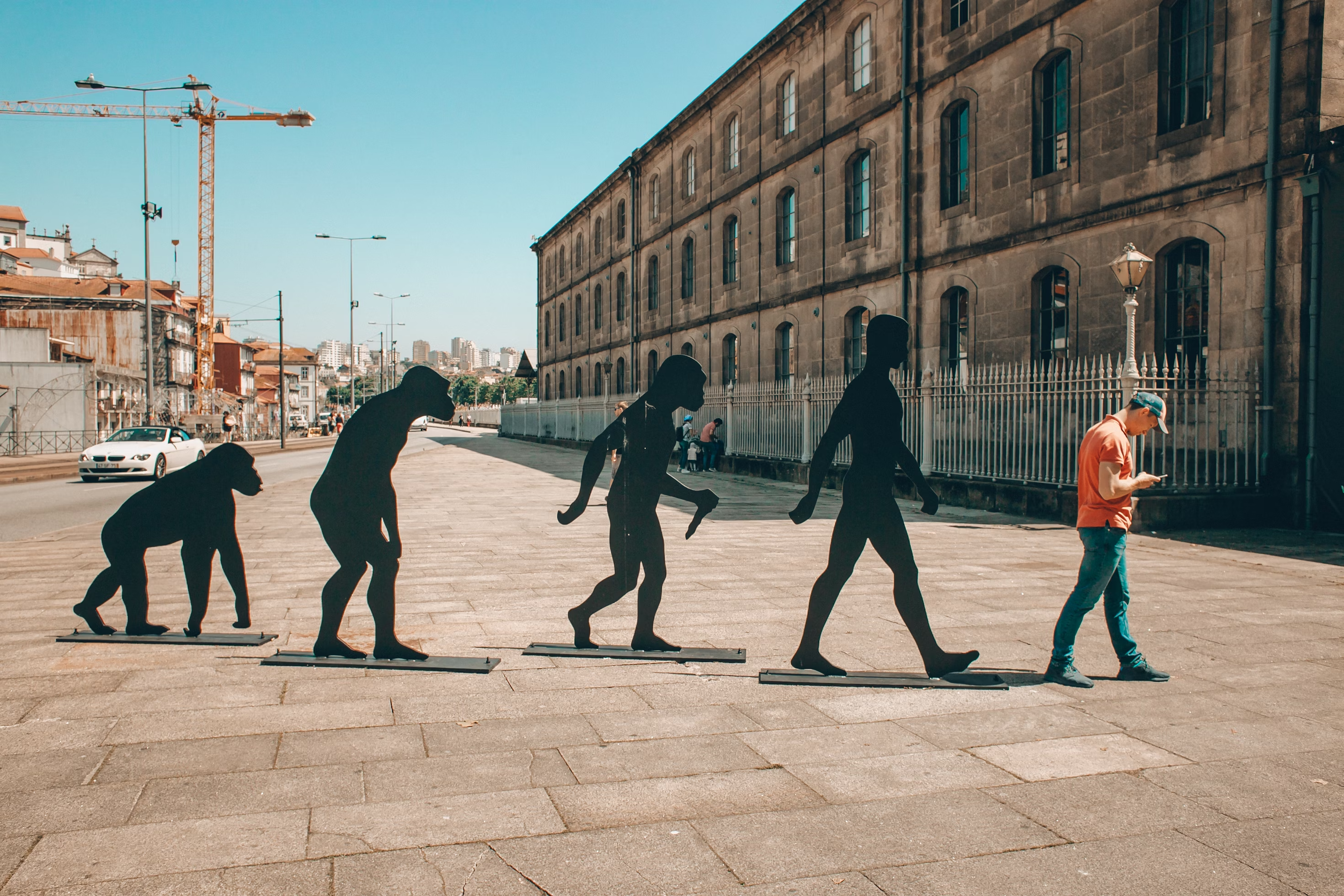
CRISPR? That was so last year: Introducing the Bridge recombinase mechanism
Louise Martin reports on the novel genetic editing technique, the bridge recombinase mechanism, which may outshine CRISPR.

Louise Martin reports on the novel genetic editing technique, the bridge recombinase mechanism, which may outshine CRISPR.

Marshall Gould discusses the potential ethical implications of genetic screening and how it may affect families, insurance, and the workplace.

Divya Ganesh reports on the experiments causing Victor Ambros and Gary Ruvkun to win the 2024 Nobel Prize for physiology or medicine.

Emanuel Bor releases the third article in his IP landmark cases series where he reveals whether DNA can be patented.

Olivia McGinnis discusses a recent study highlighting the relevance of genetic transposons in the evolution of tail loss.

Izzie Farrance reports on the new finding that genes contributing to multiple sclerosis may have spread due to ancient population migrations.

Louise Elmslie discusses hair at a protein and genetic level, emphasising that there is still much to discover about how hair waves.

Eloise Trawick reports that Marmoset twins may swap brain cells during development, and the influence this may have for human twin research.

George Rabin takes a deep dive into aestivation, a process that allows lungfish to lay dormant during dry spells in the rivers they inhabit.

Leah Fogarty explores the use of chemogenetics in the treatment of neurological conditions, such as epilepsy, ADHD, and Parkinson’s disease.